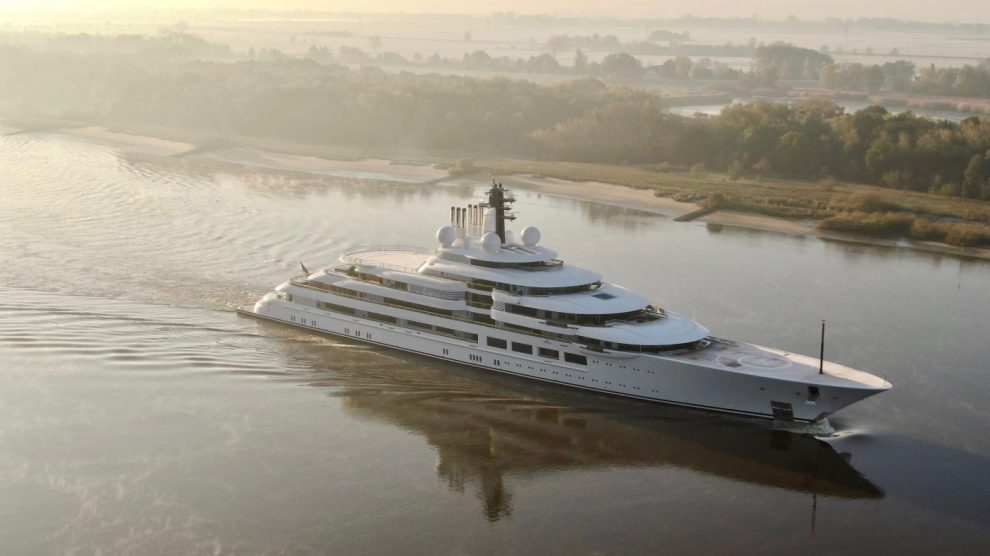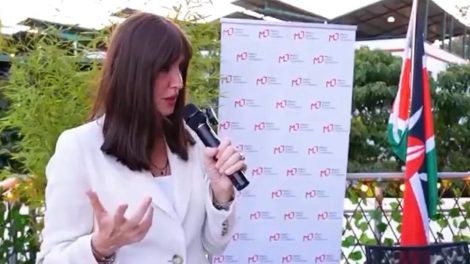Not quite dolce vita. Italy has been at the forefront of the West’s sanctioning against Vladimir Putin and his accolades. The total value of assets that have been sanctioned so far in the peninsula, as part of the joint European response to Russia’s invasion of Ukraine, now amounts to roughly €2 billion.
- Rome is part of the so-called REPO (Russian Elites, Proxies and Oligarchs) task force, which includes ministers from the G7 countries and Australia, as well as the European Commission for Financial Services.
The biggest fish. Previously seized assets include Eurochem Agro, a fertiliser-producing company traced back to Andrey Melnichenko, the owner of the €350 million superyacht “A” – which in turn is one of the “heaviest” assets frozen by Italy, along with Scheherazade, a €650 million megayacht believed to be owned by President Putin himself.
- Add to that a series of properties in Portofino and in the upscale Parioli district of Rome, worth around €57 million, as well as the capital of a company, also based in Portofino, traceable to the tycoon Eduard Yureivch Khudaynatov, a businessman active in the energy sector.
The importance of being thorough. Back in August, Elizabeth Braw – fellow at the American Enterprise Institute and Foreign Policy columnist – had commended the Italian Guardia di Finanza (i.e. Finance Corps) for its approach to assets sanctioning, indicating it as an example for other countries to follow.
- “Sanctions are political designation, but not criminal-justice ones,” she wrote more recently, noting the need for Western authorities to establish the chain of ownership – like the GDF does – to eventually switch from freezing to seizing and make the oligarchs actually financially accountable.
Money for Ukraine? European countries are cracking down on sanctioned oligarchs, exploring ways to confiscate their assets more easily and to make sanctions evasion a crime across the EU, which would facilitate their seizure.
- The ultimate aim is to auction the seized assets off to raise money for Ukraine’s reconstruction, as some East European States called for in early February.
- That, however, is especially tricky under international law. A working group is expected to present the plan’s feasibility in March.
Image: CharterWorld





